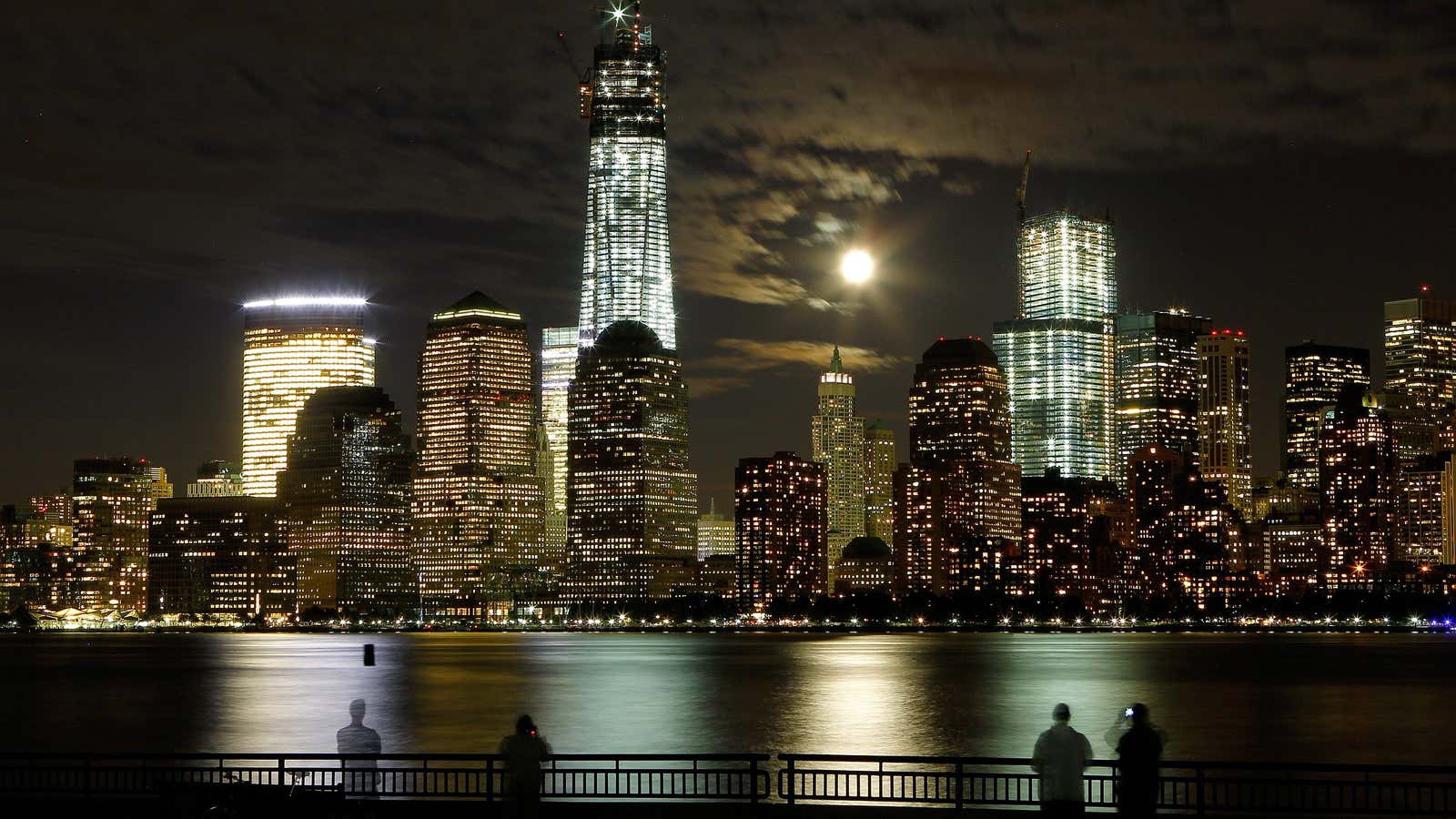The lifeblood of criminal enterprises all over the world is revenue. Money fuels terrorists, transnational criminal organizations, and crooked kleptocrats. These criminals need to launder their ill-gotten gains. Although this dirty money often comes from the most corrupt, unstable countries in the world, it often ends up—ironically—in the United States.
Why? Partly because we have the most stable financial system in the world, and these malefactors seek rule-of-law protection for their ill-gotten gains. But they also come because our system is so opaque. Currently, none of the fifty states requires the disclosure of the “beneficial owner” of companies, the real human beings who own them. Instead, corporate records can identify the “owner” as another faceless corporation or a professional agent paid to sign the needed forms. Behind this easy-to-establish veil of secrecy, criminals can—and do—use these shell corporations to open bank accounts, transfer funds, and hide the ownership of expensive assets. The shell companies serve no economic purpose and don’t conduct any real business.
Over the past few years, money has flooded into the United States as European countries have enacted laws and regulations to improve corporate ownership transparency. According to one analysis, the US is second—behind only Switzerland—as the most secret and nontransparent incorporation system in the world. In its 2015 National Money Laundering Risk Assessment (pdf), the Treasury Department estimated that about $300 billion in illegal proceeds is generated annually in the U.S. That money comes from many sources, including narco-trafficking, international organized crime, foreign corruption and kleptocracy, trade-based money laundering, and garden-variety fraud.
In addition to lax laws, these schemes also rely on complicit lawyers. In one undercover operation publicized by 60 Minutes, journalists approached American lawyers to set up companies to hide assets in the US “without detection” on behalf of a fictitious African minister who had mysteriously accumulated millions of dollars. Almost all of the lawyers agreed, eager to generate the fees.
The international community usually looks to the US to be a leader in criminal justice, transparency, and the rule of law. But when it comes to exposing money laundering, we’ve fallen behind.
Bad actors from all over the world have chosen the US as their financial safe haven. The notorious Russian arms trafficker Viktor Bout was found guilty in 2011 of conspiring to kill Americans and sell weapons to terrorists. He used a dozen shell companies formed in Texas, Delaware, and Florida to hide assets in the U.S.
In the defense industry, anonymous companies can obtain contracts with the Department of Defense. One report uncovered an Afghan company that was contracted to supply our troops but was secretly owned by the Taliban.
In New York City, the government of Iran used a string of shell corporations to obscure its ownership of a Fifth Avenue skyscraper. Profits from this enterprise helped fund Iran-backed terrorism for decades, until a government investigation finally uncovered the scheme in 2008. (The market for multi-million-dollar homes in New York City is triple what it was a decade ago. Just over half of those sales involve shell companies.)
Other recently uncovered examples include a Mexican drug cartel using an Oklahoma corporation to launder money through a horse farm; a crime syndicate setting up a web of corporations to conduct a $100 million Medicare fraud scheme; and human traffickers based in Moldova hiding their crimes behind anonymous corporations in Kansas, Missouri, and Ohio.
While the underlying criminal schemes may be colorful and complex, the answer to this problem is simple and straightforward. Together, we have introduced the bipartisan True Incorporation Transparency for Law Enforcement Act to require applicants forming corporations to include basic information about the actual human beings who own the companies. The states would maintain and periodically update this information and make it available to law enforcement officers who present proper subpoenas or search warrants.
Russian kleptocrats, drug dealers, and tax cheats all use the same tool to launder their spoils and evade law enforcement: the anonymous shell corporation. Let’s take it away from them. With the light of transparency beginning to shine on criminal assets hidden in Europe, America should assure that these assets don’t find a new hidden home in opaque American shell corporations.
